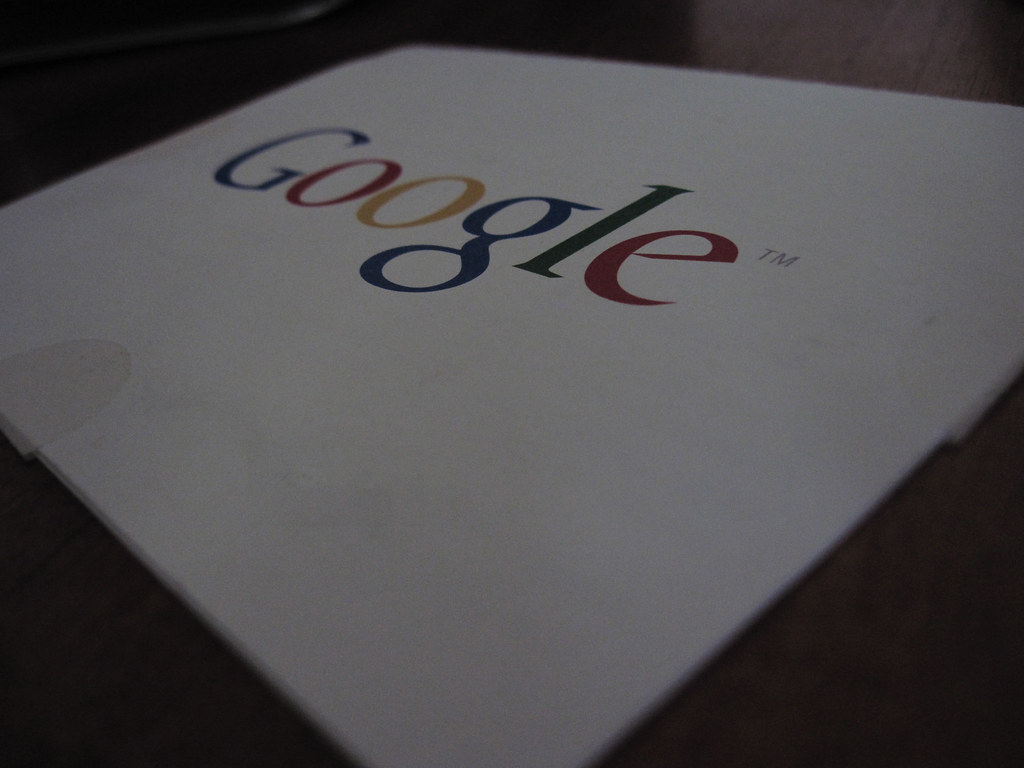As the clock ticks towards March 6, 2024, Google is rolling out a series of changes that allow users in the European Union (EU) to take the reins of their digital privacy, all in response to the looming Digital Market Act (DMA). The tech giant is now offering the option to “unlink” specific services, giving users unprecedented control over the information they share and setting a new standard for digital privacy within the EU.
The DMA, approved in November 2022, is set to be officially enforced on March 6, 2024. Google’s recent move aligns with the requirements laid out in this legislation, indicating the company’s commitment to comply with the new data-sharing rules.
In an official announcement, Google emphasized the user’s newfound control, stating, “You’re in control.” This empowerment stems from the DMA, enabling users in the EU to make choices regarding the linkage of various Google services.
The services affected by these changes include Google Search, YouTube, Ad services, Google Play, Chrome, Google Shopping, and Google Maps. Users now have the flexibility to decide the extent of data they are comfortable sharing with Google. The options range from keeping all services linked, keeping none linked, to selecting specific services for linkage.
Google reassures users that choosing to keep services linked will not result in the sharing of data with third-party services. However, opting to unlink these services enhances privacy, preventing the sharing of personal information between them. This move aims to make online tracking more challenging, as users’ Google activities will no longer be interlinked.
While this heightened privacy control is a positive step forward, users should be aware that choosing increased privacy may come at the cost of convenience. Features such as tailored video recommendations on YouTube or location advice on Maps based on previous activities may be sacrificed in favour of a more private online experience.
The changes introduced by Google are not the only adjustments that major tech companies must make before the DMA takes effect on March 6. The legislation places obligations on larger tech companies, labelled as “gatekeepers,” including Alphabet (Google’s parent company), Apple, Meta, Amazon, ByteDance, and Microsoft. These obligations revolve around ensuring fair competition and safeguarding individuals’ digital rights.
Under the DMA, Google and other tech giants are prohibited from favourably ranking their services on Search against third-party competitors. Additionally, they are restricted from coercing users into using their services on specific devices or obtaining consent through manipulative design practices.
While some companies, such as Apple, Meta, and ByteDance, have resisted these requirements, Google appears to be adapting in preparation for the official enforcement of the DMA on March 6. This marks a significant victory for privacy-conscious individuals and smaller providers striving to compete with the tech giants.
Jurgita Miseviciute, Head of Public Policy & Government Affairs at VPN service and secure email provider Proton, shared her perspective on the matter, stating, “Any pro-competition legislation is a long-term win—for small businesses, for employment, for the economy, and for consumers. The only ones that lose are big monopolists unless they improve their own services and win on merit rather than market manipulation.”
As March 6 approaches, the EU residents using Google services can now navigate the delicate balance between privacy and convenience, thanks to the expanded choices offered by the tech giant. The enforcement of the DMA signals a new era of accountability and fairness in the digital landscape, ultimately benefiting both consumers and smaller players in the tech industry.


